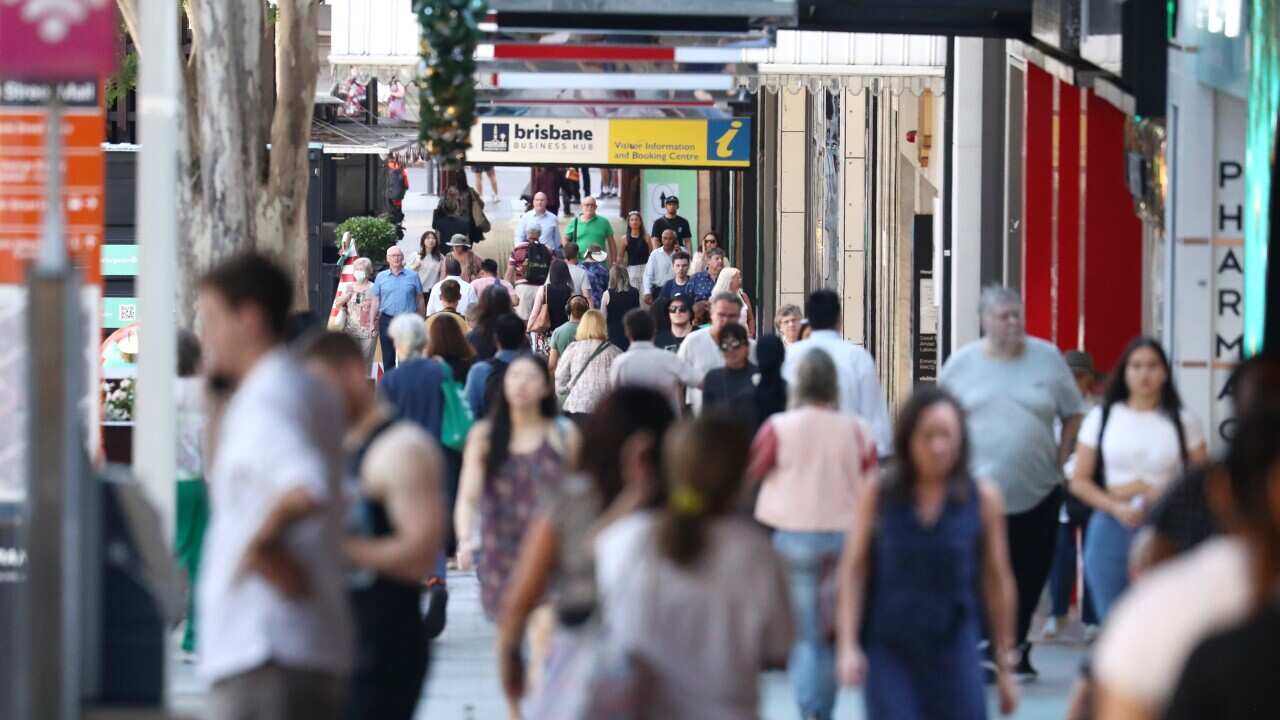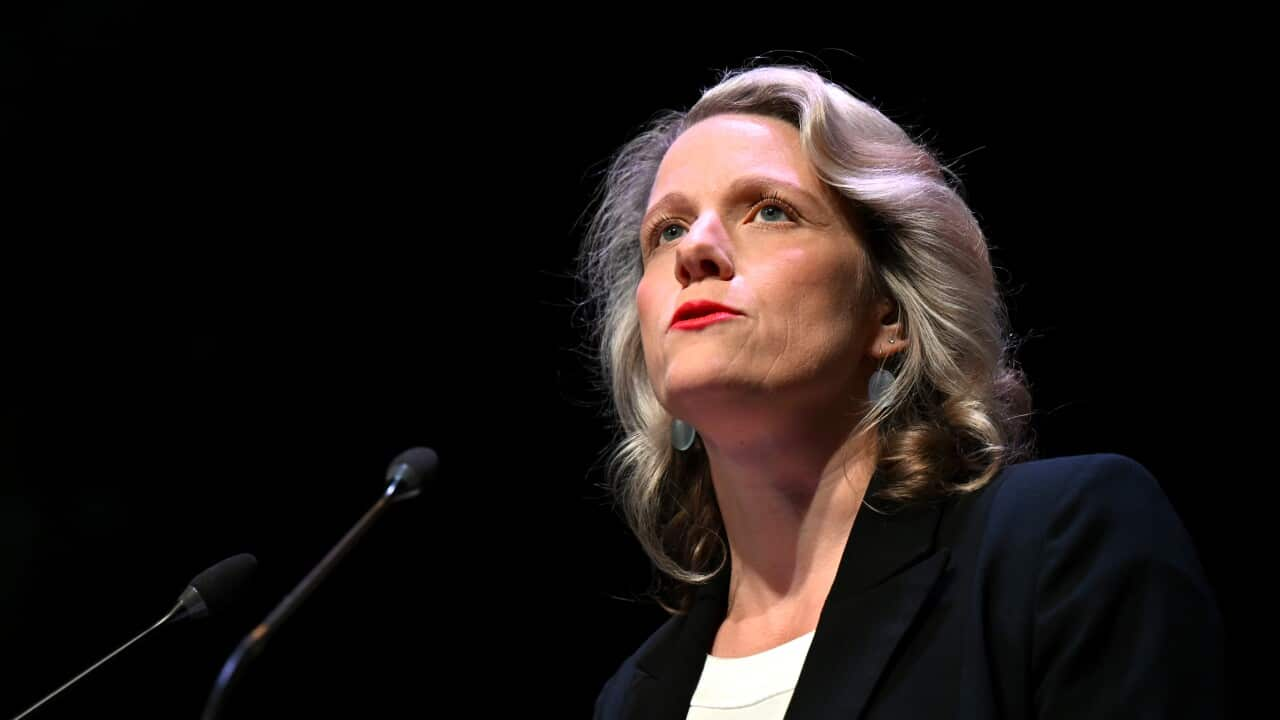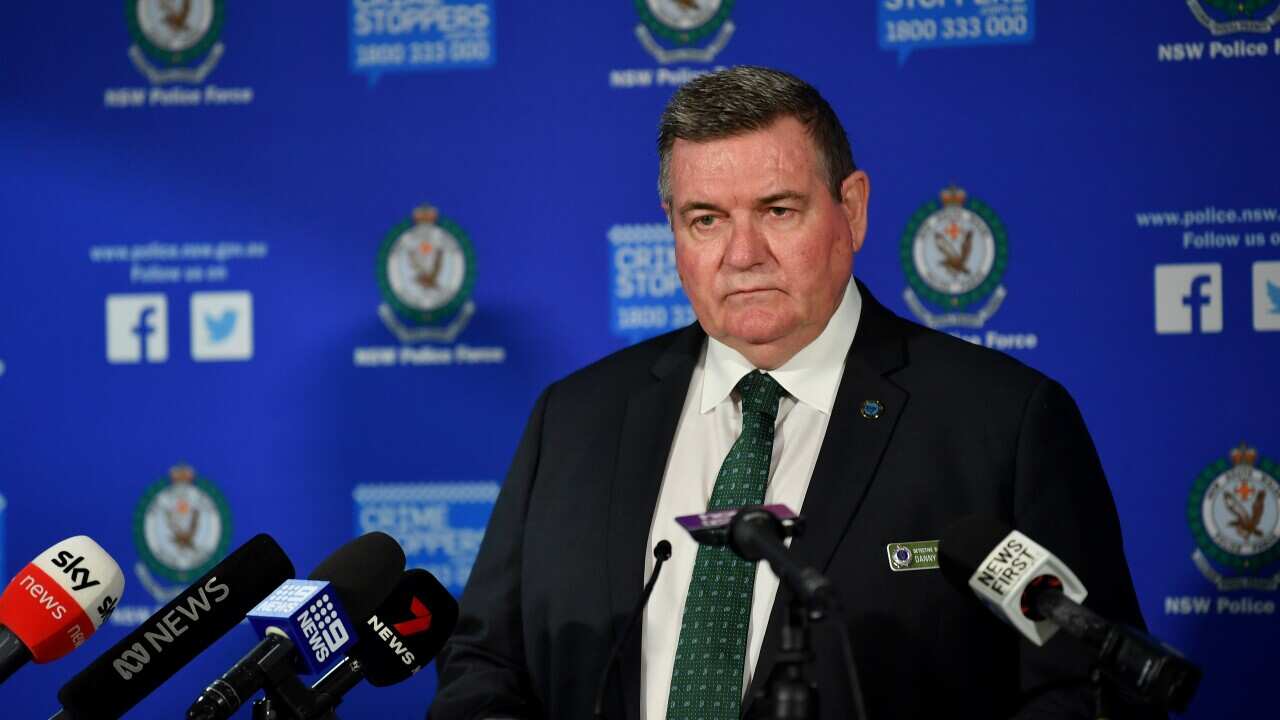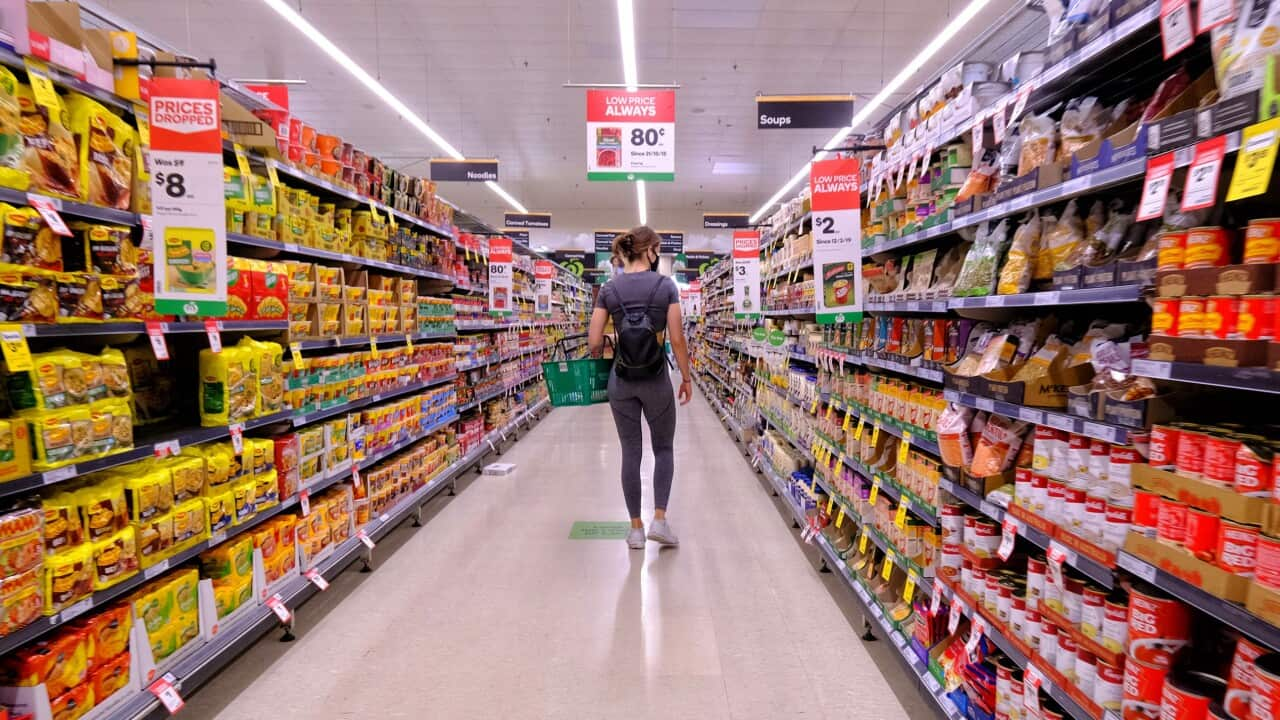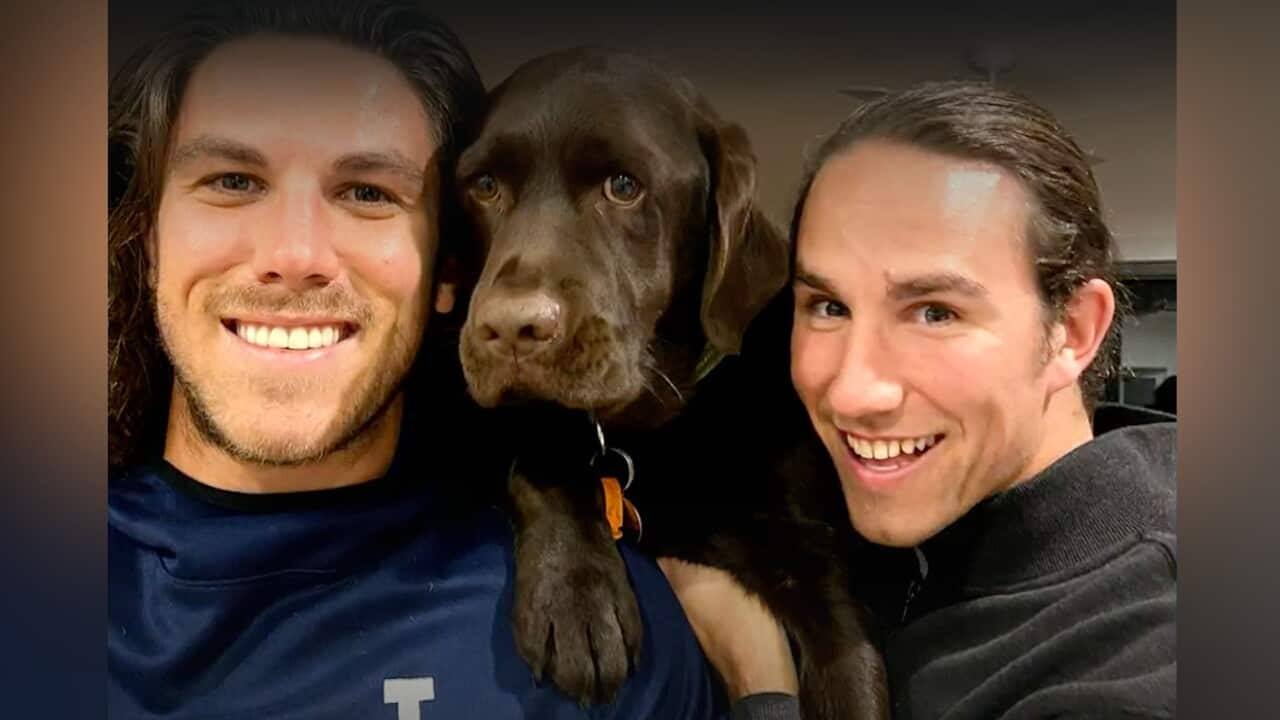Omar Dabbagh reports from Ethiopia.
Already facing severe malnutrition, child refugees in many parts of the world are being confronted by new and very serious threats.
And the risks are even greater for children who have been separated from their families.
This can be seen in forests surrounding Ethiopia’s refugee camps, where collecting firewood is fraught with danger.

Nyakal Kayier, 16, says her father was killed in South Sudan's civil war, and hasn't heard from her mother in almost five years. Source: SBS News/Ben Patrick
According to Nyakal Kayier, 16, the biggest fear for girls in the camp has nothing to do with the wildlife.
"Going to the forest poses a lot of problems," she tells SBS News in her native Nuer language.
"You may find strangers in the forest, or wild animals, who run up to you. Some of us will come home wounded. Yes, some of us are raped."
They are risks Nyakal has to take so she can keep warm and cook the little food she has.
Nyakal is essentially alone at the Kule camp; her father was killed in South Sudan’s civil war, while her mother - who she hasn’t heard from in five years - told Nyakal to escape to Ethiopia without her.
“I am not disappointed with my mum because it was the war that separated us,” she says softly.
“She might still be looking for me like how I am looking for her."

Child refugees are highly vulnerable to abuse, neglect and exploitation, particularly if they are unaccompanied or separated from their parents. Source: SBS News/Omar Dabbagh
Nyakal’s situation is far from unique.
About 400,000 people live across seven camps. in Gambela, an impoverished region of Ethiopia.
Two-thirds of are South Sudanese children, and almost 40,000 of them are children are without their parents.
Amanuel Dessalegn Gedebo, a child protection officer with aid agency Plan International, says unaccompanied and separated minors are most at risk.
“Family separation is one of the biggest problems that children face here.”
“That poses a very big challenge to their growth and development because this puts children in a vulnerable situation. They can be exposed to abuse, neglect, exploitation.”

Children and teenagers play fussball at the Jowi refugee camp in Gambela, Ethiopia. Source: SBS News/Omar Dabbagh
“Life now and life before are not the same because you can’t compare your mother and your foster mother,” she says.
“Because my mother could do whatever she can for her children, but a foster mum, while we do appreciate what she does for us and she treats us like her children, she cannot be the same as your mother."
Desperate for an education
Nyakueth wants to be a nurse so she can take care of her community. But, while there are schools at the Gambela camps, there aren’t enough teachers to cater for the number of children.
"Classrooms are overcrowded,” says Mmone Moletsane, UNHCR’s child protection pfficer in Ethiopia.
“The material is, you know, not enough. Teacher capacity is limited to reach all the number of children and even to provide a quality education."
Nyamouch Wiyual and her husband Simon Jinup have nothing but a tiny hut, and their 18-month-old daughter, Nyalat.
But ask either parent about their dreams and the answer, like most people at the camps, involves school.
“If you have an education, it means it will take you somewhere where you can do something bigger,” Nyamouch says.
“And when you finish your education it will not only benefit you alone, but it will benefit the whole society.

Simon Jinup, left, with his wife Nyamouch Wiyual, right, and their 18 month old daughter, Nyalat. Source: SBS News/Ben Patrick
“For our future we will take care of our daughter and we will teach her how people live,” Simon says.
“And when she reaches a certain age we will tell her to go to school because so she can be able to take care of herself in the future."
Omar Dabbagh and cameraman Ben Patrick travelled to Ethiopia with the assistance of UNHCR. You can donate to the South Sudan emergency via the or by calling 1300 361 288.


